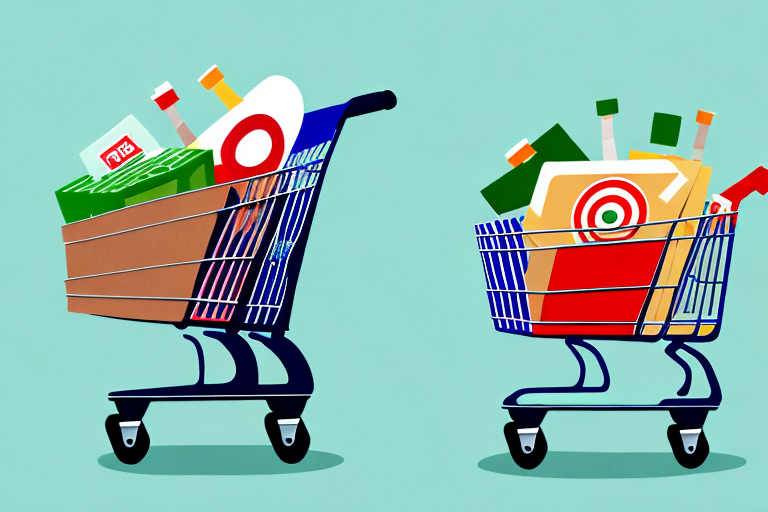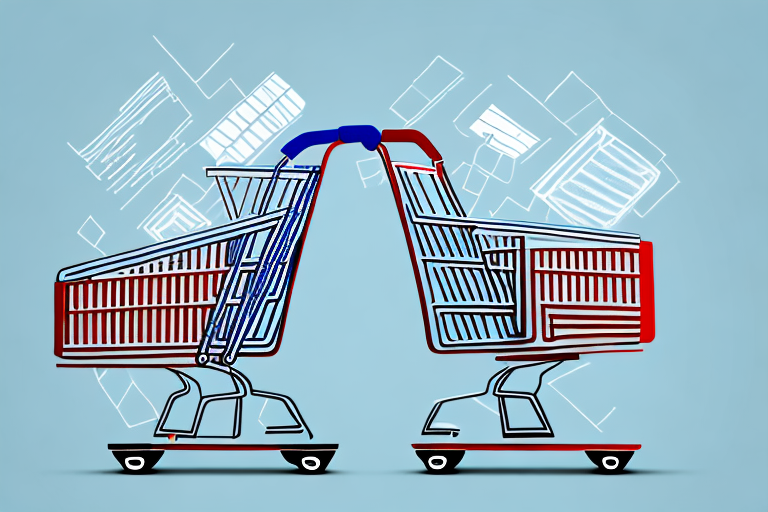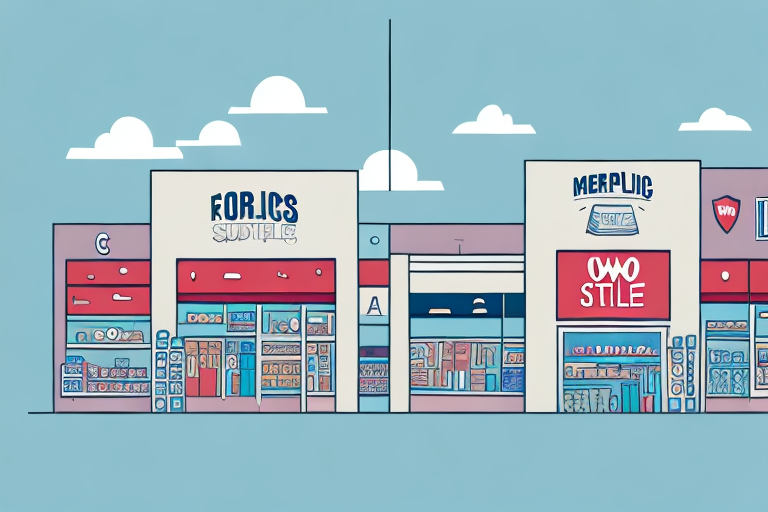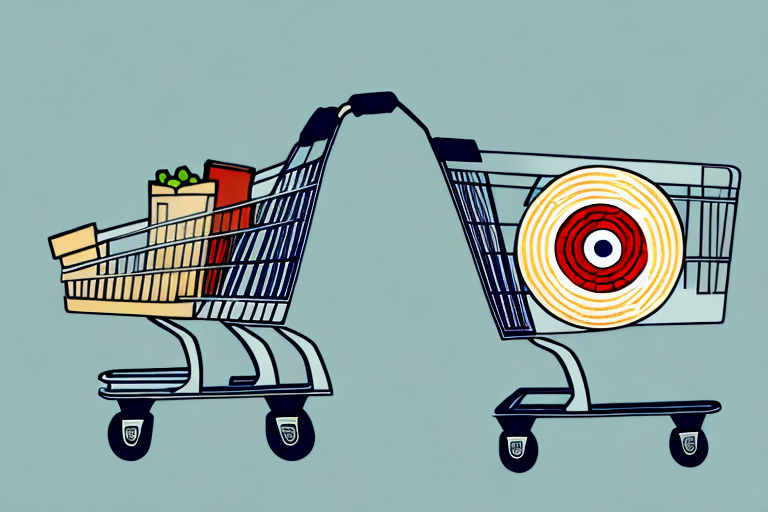Potential Acquisition of Target by Kroger: An In-Depth Analysis
In recent months, rumors have emerged regarding the potential acquisition of Target by Kroger. This prospective merger could significantly reshape the retail landscape, given both companies' substantial market presence. This article delves into the details of these rumors, analyzes the implications for the retail industry, and examines the potential impact on consumers and the broader market.
Current Status of the Kroger-Target Merger
What We Know So Far
While neither Kroger nor Target has officially confirmed merger discussions, reports indicate that Kroger has shown interest in acquiring Target. Such a deal would involve Kroger taking control of Target, potentially leading to a rebranding under Kroger's name and restructuring of Target's executive leadership.
Industry analysts suggest that if the merger proceeds, Kroger would benefit from Target's vast network of stores and loyal customer base, while Target could leverage Kroger's expertise in the grocery sector. However, concerns about job redundancies and store consolidations remain prevalent.
Impact on the Retail Industry
Significance in the Retail Sector
A merger between Kroger and Target would create a formidable entity in the retail industry. Both companies have established strong positions in their respective domains—Target in general merchandise and fashion, and Kroger in groceries. Combining these strengths could position the merged entity to better compete with giants like Amazon, Walmart, and Costco.
Financial Implications
The financial stakes of this merger are substantial. Kroger, with a market capitalization of approximately $29 billion, and Target, valued around $100 billion, would require a significant investment to finalize the acquisition. This move could lead to enhanced negotiating power with suppliers and streamlined operations, potentially resulting in cost savings and increased profitability. However, restructuring costs and the financial strain of the merger process could impact both companies' bottom lines.
Role of E-commerce
Both Kroger and Target have made significant investments in e-commerce. A merger would likely accelerate their digital transformation efforts, enabling them to compete more effectively against online retailers. Enhanced e-commerce capabilities could include improved online shopping experiences, faster delivery options, and more personalized services for customers.
Benefits and Drawbacks of the Merger
Pros: Cost Savings and Expansion
- Economies of Scale: Combining operations could reduce costs through bulk purchasing and streamlined supply chains.
- Expanded Customer Base: The merger would allow both companies to tap into each other's customer demographics, broadening their market reach.
- Enhanced Product Offerings: A merged entity could offer a more diverse range of products and services, leveraging the strengths of both brands.
Cons: Regulatory and Integration Challenges
- Regulatory Hurdles: Such a significant merger would attract scrutiny from regulatory bodies like the Federal Trade Commission (FTC), particularly concerning antitrust issues.
- Cultural Integration: Merging two large organizations with distinct corporate cultures can lead to internal conflicts and operational disruptions.
- Potential Job Losses: The consolidation of overlapping roles could result in layoffs, affecting employee morale and public perception.
Impact on Consumers
Shopping Experience Enhancements
If the merger proceeds, consumers might benefit from a more extensive product selection, improved in-store and online experiences, and greater convenience through integrated services. Enhanced loyalty programs and personalized marketing could also emerge from the combined data analytics capabilities of the two companies.
Potential Price Implications
While operational efficiencies could lead to cost savings that might be passed on to consumers, reduced competition in the market could also result in higher prices. The long-term effect on pricing will depend on how the merged entity positions itself within the competitive landscape.
Customer Service Considerations
The merger could lead to improvements in customer service by adopting best practices from both companies. However, there is also the risk of decreased personalized service due to increased scale and potential cost-cutting measures.
Future Outlook: Mergers in the Retail Sector
The retail industry is witnessing increased consolidation as companies seek to adapt to evolving consumer behaviors and the rise of e-commerce. A Kroger-Target merger could set a precedent for future acquisitions, prompting other retailers to explore similar strategic alliances to remain competitive.
Such mergers could lead to a more concentrated market with fewer, larger players, potentially stifling competition but also driving innovation through combined resources and expertise. The long-term trajectory of the retail sector will depend on how these dynamics play out and how companies navigate the challenges and opportunities presented by such significant mergers.
Conclusion
While the acquisition of Target by Kroger remains speculative, the potential merger holds significant implications for the retail industry, consumers, and the broader market. Stakeholders will need to closely monitor developments to understand the full impact of this potential deal. As the retail landscape continues to evolve, strategic mergers and acquisitions like this could play a pivotal role in shaping the future of the industry.



















